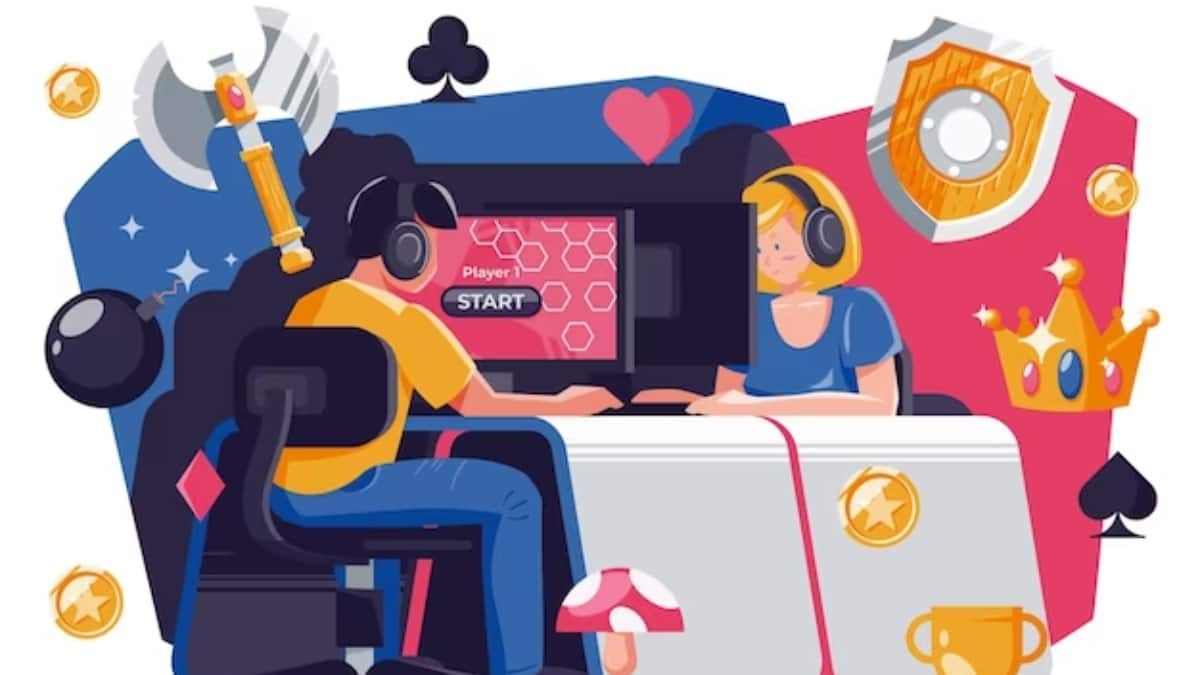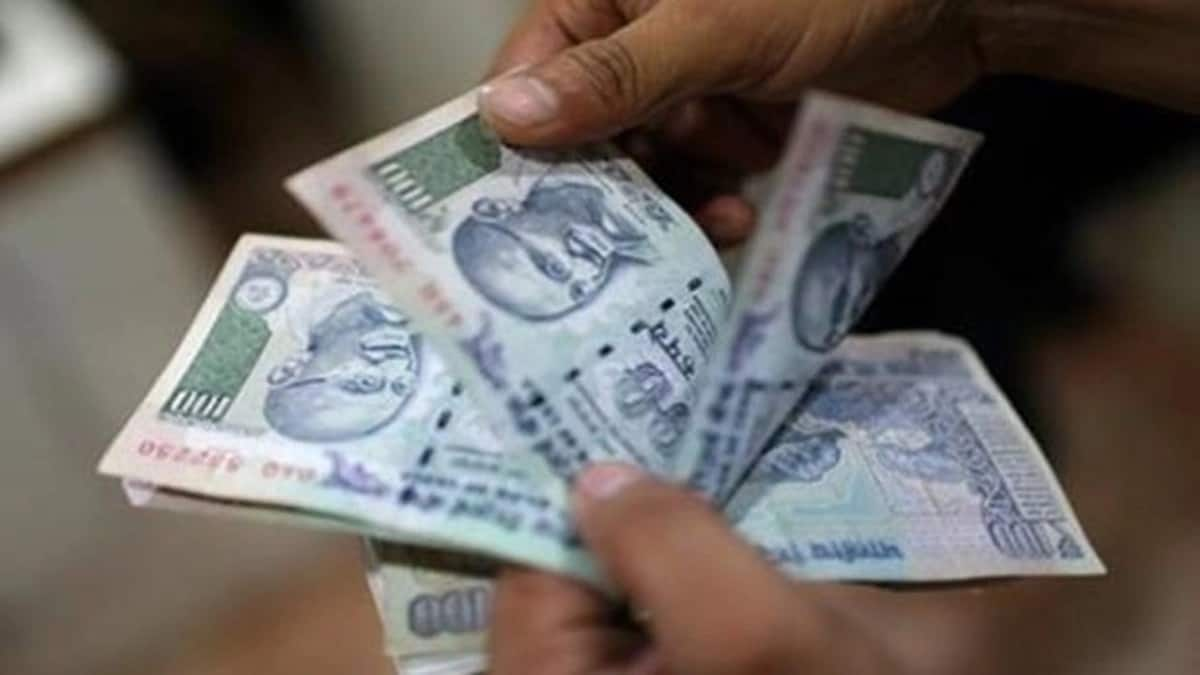China approves 105 domestic games; softens stance on gaming after $80 billion rout

China approved 105 domestic games on Monday, the latest indication that Beijing is softening its stance after its move to tighten industry restrictions led to a $80 billion rout last week.
The titles included those operated by Tencent Holdings Ltd. and NetEase Inc., China’s two leading game publishers that have been pummeled by Beijing’s new rules. Monday’s approvals show the Chinese authorities support the development of online gaming, an industry association said in a post on WeChat republished by the official Xinhua news agency.
Additional restrictions include a ban on rewards for frequent log-ins and forced player-duels, and even a prohibition on content that violates national security.
As Tencent and NetEase saw their market value plunge by tens of billions of dollars in Hong Kong on Friday, the NPPA announced during trading hours the approval of 40 imported gaming titles, including those operated by the two companies. The move did little to help restore investors’ confidence.
Several analysts including those from Citi also said shortly after the new restrictions came out that Tencent and NetEase should not be significantly affected, but that did not prevent the shares of both companies from tumbling in US trading.
The administration said on Saturday that it will listen to feedback from stakeholders including companies and players to improve the rules.
The sweeping restrictions, which caught industry players and investors off guard on the final trading day before Christmas, reminded many of the brutal tech-sector crackdown of 2021. That year, various agencies abruptly imposed curbs on sectors from e-commerce to entertainment, reining in Jack Ma-backed Ant Group Co. and Alibaba Group Holding Ltd. while decimating the online education industry by declaring profits illegal.
“The latest events reflect the government’s desire for a larger, more diverse gaming landscape with innovative content of a higher quality but one without excessive monetisation or ‘pay-to-win’ games,” Yang Wenfeng, a senior vice president with Shanghai-based games studio Paper Games said. “The government prefers publishers to earn profits through fair practices and product innovation, rather than deepening monetisation strategies.”
Follow us onTwitter,Instagram,LinkedIn,Facebook



Leave a Comment